Colleagues and I recently conducted a qualitative survey of poor women in Jordan to further the understanding of justice as a dimension of poverty. These women had experienced legal problems involving family law matters and sought assistance from the Justice Center for Legal Aid (JCLA), a Jordanian civil society organization that provides legal aid services to the poor. The survey, using the Life History Calendar method for obtaining reliable retrospective data, was administered to 101 women who received legal counseling and representation by a lawyer.
We chose this target group for several reasons. Family law issues represent the largest category of cases for which persons seek assistance from JCLA, accounting for over 70 percent of legal representation services and just under 50 percent of consultations. This case type also has the largest gender disparity. Beneficiaries of these services are roughly 90 percent female (Figure 1). Family law issues are also strongly linked to socio-economic development, for example, through access to economic assets (alimony, child support, dowries) and broader agency (divorce, intra-family decisionmaking, and domestic violence).
Figure 1: Beneficiaries of legal aid services, by case type and gender
The female beneficiaries surveyed had many similar characteristics that could cause or perpetuate poverty. These included:
- Early marriage, with the husband usually considerably older
- Engagement or marriage acting as triggers for dropping out of education or employment, usually at the insistence of a husband or fiancé
- Lack of education/employment led to unpaid household work for extended families
- Limited power in intra-household decisionmaking
- Husbands with untreated substance abuse (alcohol and drugs) problems
- Learning about legal aid services via word of mouth, suggesting channels of information are limited
These women also faced multiple legal problems, as is frequently the case for the poor and near poor. These included divorce, alimony, child support, access to dower, domestic violence, and access to civil documents (marriage certificates, birth certificates, and family books). The prevalence of these legal problems is at least partially the result of restrictive social norms and discriminatory legislation. Much of the latter is concentrated in the Personal Status Law, which sets very specific family roles based on gender.
The survey produced interesting findings in three areas: access to economic assets, domestic violence, and the role of legal aid services.
Access to economic assets
Given the traditionally low levels of labor force participation and control of economic assets, divorced women in Jordan rely heavily on alimony and child support payments to maintain their households. The survey found that after divorce few ex-husbands voluntarily complied with judicial orders to pay, so women were forced to take court actions to force compliance. Payments were more regular only when directly deducted from the salaries of ex-husbands.
The survey also found that alimony and child support payments were rarely adequate to meet financial needs. Women often resorted to charity or family for additional financial support. After resolving family law issues, many of JCLA’s female beneficiaries subsequently seek assistance for legal problems related to debt. Attempts by women to access alimony and child support spurred estranged or ex-husbands to attempt reconciliation, which the women usually complied with due to social and financial pressures.
Another important economic asset for a woman is the dower, paid by her husband. The dower is often split into payments at the start and end of marriage. The dower remains the property of the woman both during and after marriage. What the survey found is that full dower payments were not always made, and even if they were, husbands would quickly assert control over the dower. Upon divorce most women accepted considerably lower value for their dowers simply to “get the process over with.”
Domestic violence
Nearly without exception, the women interviewed were victims of domestic violence, primarily in the form of physical abuse but also including sexual and financial violence. There was a widespread cultural acceptance of domestic abuse as a matter of life, and the initial response of family members, lawyers, and law enforcement personnel informed of the abuse was to promote reconciliation. Protection of the victim was rarely a consideration. Only in very few cases did women seek help from the Family Protection Department of the Ministry of Interior.
Also evident was the pattern of domestic violence, separation, and divorce. The women often left husbands after violent incidents only to return shortly thereafter due to financial and social pressures. That said, domestic violence was often the trigger for women approaching JCLA for assistance, usually for divorce, child custody, alimony, and child support. Access to civil documents, particularly the family book, was also a challenge for the women.
The role of legal aid services
The services provided by JCLA had several reported positive impacts on the women surveyed. Legal aid helped level the playing field in court because most men had private lawyers. It also helped them navigate a court structure that, like most throughout the world, is not particularly user-friendly. Each woman reported that she would not have been able to afford a private lawyer and without legal aid would have faced court alone.
In terms of resolution of the specific legal problems faced by the interviewees, legal aid does appear to have been effective in helping enforce judicial decisions for alimony and child support. It also seems to have helped women increase the payment amounts for both, as well as help them recover larger portions of their dowers.
For the poor women that participated in the survey, legal problems and limited access to justice constituted a dimension of their poverty. The inability to enforce judicial decisions awarding alimony, child support, and dowers created financial hardship in the women’s households, possibly undermining the longer-term prospects for themselves and their children. Lack of access to civil documents prevented women from enrolling their children in school or seeking medical services. Domestic violence undermined their human development and agency.
Perhaps the most important aspect of legal aid that emerged in the survey was that it provided a tool for breaking the cycle of victimization and vulnerability, and left the women feeling slightly more empowered to address other aspects of their lives. Most of the women continue to lead difficult lives due to lack of financial means, limited access to employment, and social stigma. But by their own standards, their lives had improved.
The Brookings Institution is committed to quality, independence, and impact.
We are supported by a diverse array of funders. In line with our values and policies, each Brookings publication represents the sole views of its author(s).

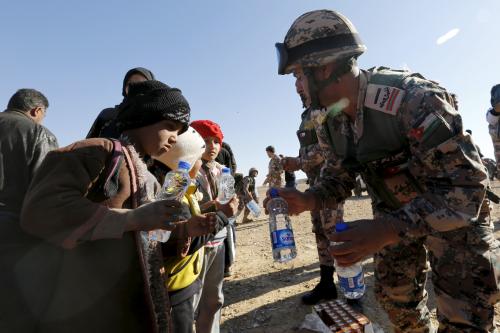
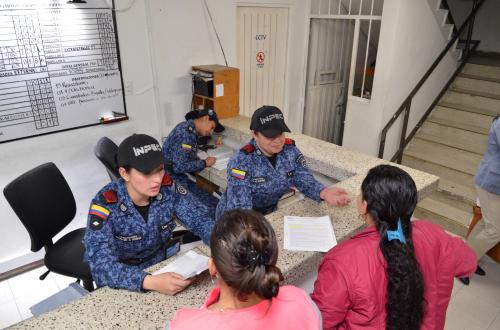
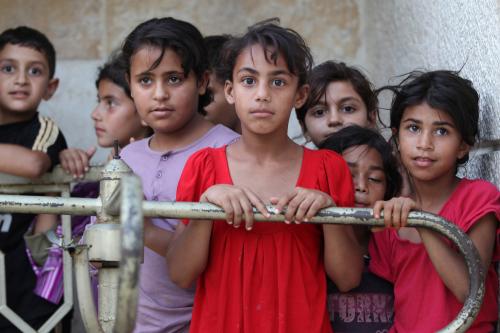

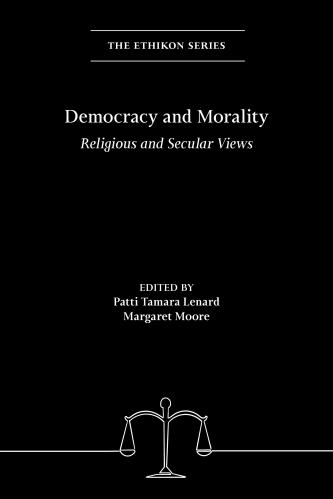
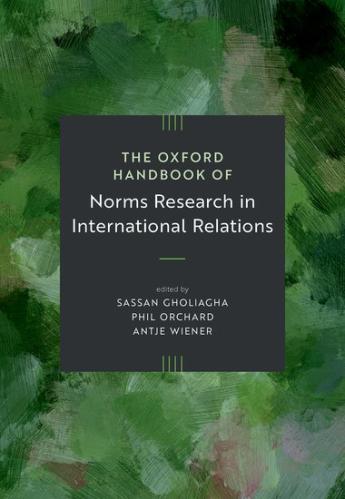



Commentary
Can justice make poor women less vulnerable?
February 21, 2018